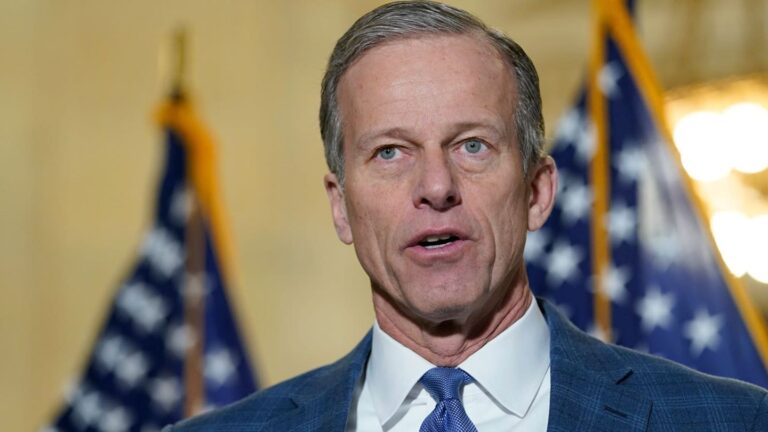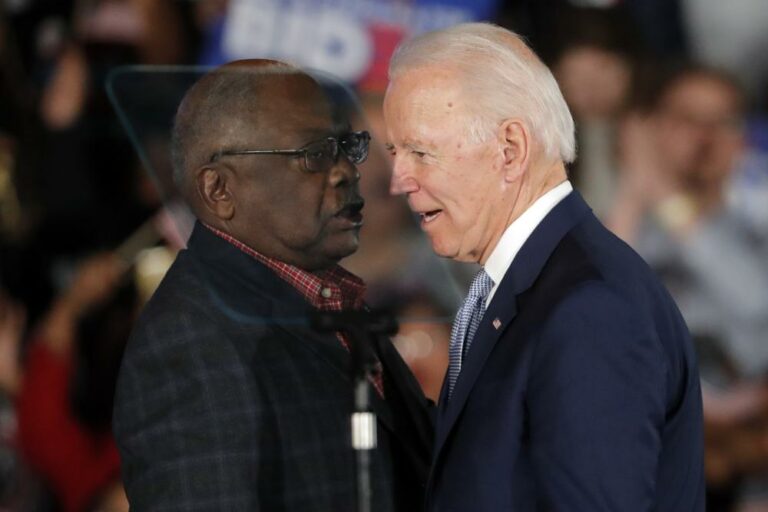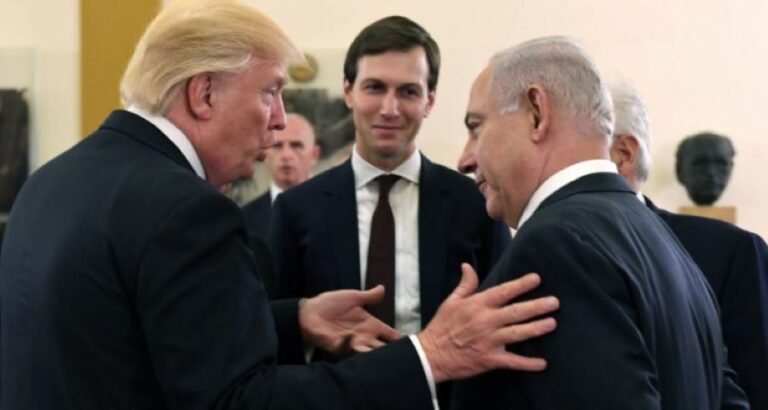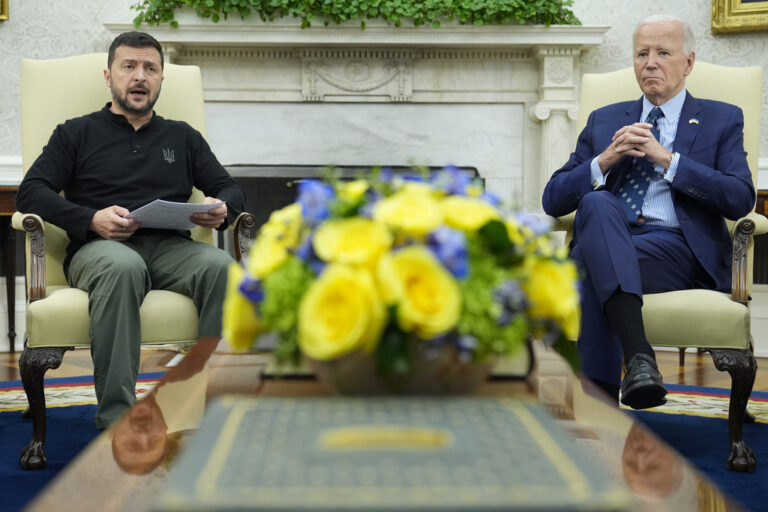 Attorney General Andrew M. Cuomo, declaring his candidacy for governor of New York, could not have been clearer.
Attorney General Andrew M. Cuomo, declaring his candidacy for governor of New York, could not have been clearer.
“The influence of lobbyists and their special interests must be drastically reduced with new contribution limits,” Mr. Cuomo said last month. “We will be taking on very powerful special interests which have much to lose. We must change systems and cultures long in the making.”
But as he delivered his announcement, Mr. Cuomo was sitting on millions in campaign cash from the very special interests whose influence he said he wanted to limit.
An analysis by The New York Times shows that of the estimated $7.1 million that the Cuomo campaign has received from political action committees, associations, limited liability corporations and other entities, more than half has come from the biggest players in Albany: organized labor, the real estate and related industries like construction, the health care sector and lobbying firms.
In the spirit of reform, Mr. Cuomo pledged in 2007 not to accept donations over $10,000 from most categories of contributors during an election cycle. But he did not stick to that vow and has at times received amounts five times as great.
The donations underscore the awkwardness of Mr. Cuomo’s effort to run against Albany and its insiders at the same time he is benefiting from their largess and, in some cases, his long relationships with them. He drew a similar proportion of his campaign money from special interests in his failed 2002 campaign for governor and his 2006 bid for attorney general.
Mr. Cuomo, a Democrat, declined repeated requests to be interviewed for this article. But an adviser, Phil Singer, said the attorney general had consistently demonstrated his independence from special interests and others who contribute to his campaign. As of its last campaign filing, the Cuomo campaign had about $16 million.
“Any donor who could possibly think they are buying anything other than good government is delusional and blind to all facts,” Mr. Singer wrote in an e-mail message.
He cited a number of cases in which the attorney general’s office had taken action against those who had made political donations to Mr. Cuomo.
The analysis by The Times shows that in the current election cycle, lobbying firms and companies that have registered to lobby on their own behalf have given Mr. Cuomo about $555,000 in donations.
Organized labor, long regarded by Democrats and Republicans as perhaps the most powerful force in Albany lawmaking, has given him more than $1.4 million.
Real estate and construction interests have donated more than $1.3 million, and the health care industry has contributed about $570,000.
As attorney general, Mr. Cuomo has undertaken several major initiatives that have coincided with interests of those donors.
In 2007, Mr. Cuomo’s office opened an investigation into whether health insurers were systematically overcharging patients who used doctors and hospitals outside the insurers’ networks. The inquiry was related to an earlier federal lawsuit whose plaintiffs included the Medical Society of the State of New York, which represents physicians, medical residents and medical students; New York State United Teachers, a union; and the Civil Service Employees Association union, all of which have given generously to him through their political action committees. In 2009, he announced a settlement to shut down the payment system used by the industry and establish an independent database to replace it.
Also in 2007, during New York City’s real estate boom, Mr. Cuomo, after receiving complaints from real estate officials, pushed for passage of a state bill to increase financing for his office to speed up the approval process for co-op and condominium conversions and ease a backlog. The measure was written into the state budget the next year with the blessing of the industry and other stakeholders and also allowed the office to better handle complaints against developers over construction flaws.
But Mr. Singer pointed out that the attorney general had also aggressively pursued some of his contributors. His office reached an agreement in 2009 with WellPoint, the nation’s largest health insurer, to pay $10 million toward an overhaul of the health care reimbursement system. This year, Mr. Singer said, Mr. Cuomo’s office sued Bank of America and two of its former top officers, saying they had duped shareholders and the federal government to complete a merger with Merrill Lynch. This month, the office sued a developer, Yair Levy, saying he stole $7.4 million from a reserve fund of a troubled downtown luxury building.
Mr. Singer also said the campaign required prospective donors to show that they had no matters pending before the attorney general’s office and had not had any in the previous 90 days.
The Times review did not examine donations from individuals, like health care executives or union leaders. But an analysis conducted by the New York Public Interest Research Group recently found that 20 percent of the money Mr. Cuomo’s current campaign committee received from individuals came from people working in real estate or as lobbyists.
Representatives of several organizations that gave to Mr. Cuomo said it was natural that their agendas sometimes dovetailed with his. They said they believed that Mr. Cuomo was right on many of the most important issues affecting their clients or constituents.
(Read More: NY Times)











One Response
Anyone surprised?